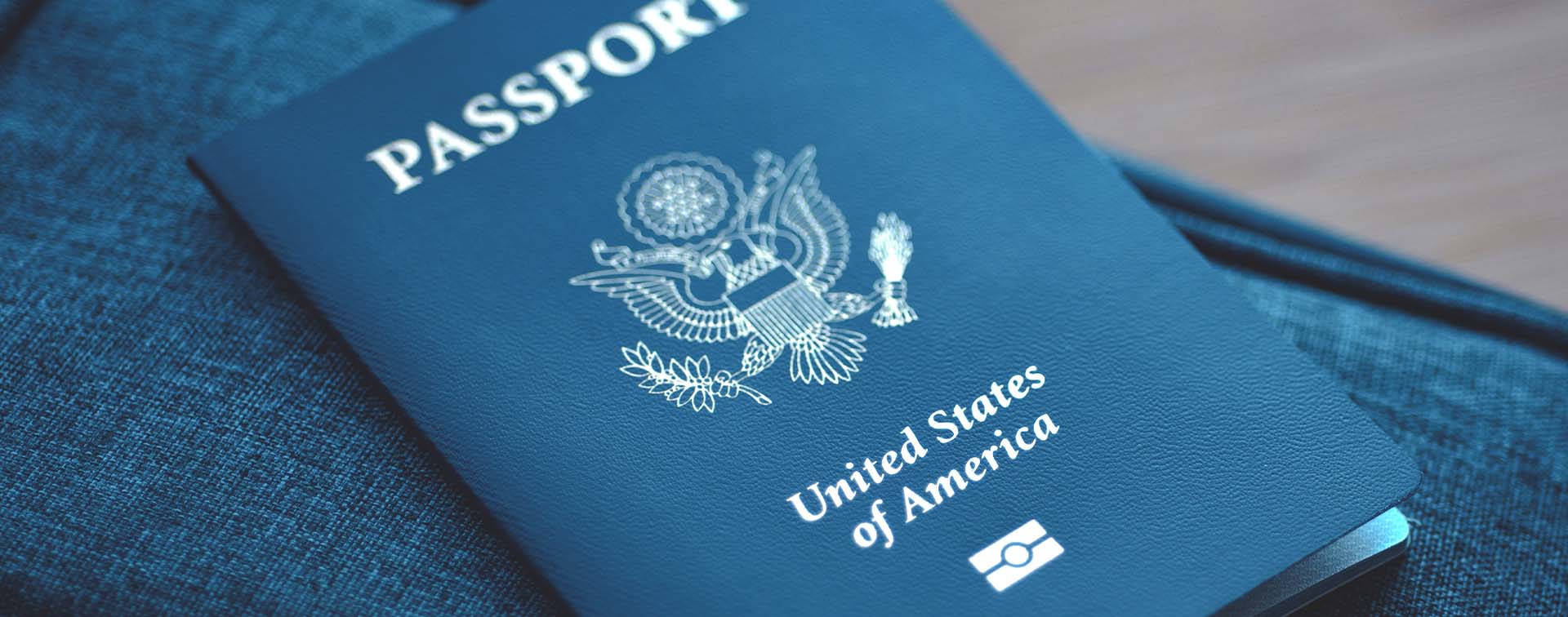
Greg Lindsay is Urban Tech Fellow at Cornell Tech and leads ‘The Metaverse Metropolis’, a new initiative exploring the implications of augmented reality at urban scale.
What a difference a decade makes. The US claimed the top spot on the Henley Passport Index as recently as 2014. Now, following years of inexorable decline, its ranking has slipped to 8th place — its lowest position to date. The period in question is instructive, spanning Democratic and Republican administrations alike, along with the pandemic years and slow recovery in international travel since. And yet, the standing of the American passport has waned regardless. Why?
From a purely mechanical perspective, the story is a simple one — by more or less standing still, the US has fallen behind. While its absolute score has in fact risen over the last decade, the nation has been steadily overtaken by competitors such as South Korea, Japan, and Singapore. Using data from the firm’s new Henley Openness Index, we can begin to speculate how much of its relative decline is due to visa reciprocity, or a lack thereof. America’s relentless slide down the rankings — and unlikelihood of reclaiming the highest position anytime soon — is a warning to its neighbor Canada and the rest of the Anglosphere as well.

The reason for the US’s slump is both easy to explain and confounding: it isn’t trying. Of the 34 countries ranked between 1 and 10 (due to several ranks shared by different countries), the US boasts the smallest increase in the Henley Passport Index scores between 2013 and 2023, with additional access to only 12 countries. Singapore, by contrast, has seen an increase of 25 additional countries during the same period, propelling it upward by five places to the number 1 rank. What explains such slow growth?
An answer may be found in America’s corresponding openness score, which complements the Henley Passport Index’s degree of passport strength by measuring how many destinations are permitted visa-free access in turn. While America’s passport index score currently sits at 184 (out of 227 destinations worldwide), its openness score is a lowly 44 — good for 78th place. This divergence is the second highest in the rankings, narrowly trailing only Australia (and barely outpacing Canada). As slowly as America has added visa-free destinations over the past decade, its expansion of access is even worse.
For example, the US’s Visa Waiver Program permits citizens of 40 participating countries to travel visa-free to the nation for business or tourism for up to 90 days — and demands visa-free access for US citizens and nationals in return. Of those countries, exactly three have been added in the past decade — Chile (2014), Poland (2019), and Croatia (2021). The reasons for this are a combination of technical and political, as program acceptance requires implementation of the Electronic System for Travel Authorization (ESTA), which consequently has strict requirements for counterterrorism efforts, border management, immigration, and visa issuance, among others.
What is clear, however, is that reciprocity matters. As a case in point, US citizens are poised to lose visa-free access to Brazil on 1 October this year after Brazilian President Luiz Inácio Lula da Silva decided to roll back the policy set by his predecessor Jair Bolsonaro in 2019. This development is consistent with previous Workers’ Party administrations, which rigorously upheld visa reciprocity as a matter of principle regardless of the nearly USD 5 billion that foreign tourists spent in Brazil last year.
While the correlation between a high openness score and a high Henley Passport Index score is less evident in the data, it is notable that Singapore and South Korea — some of the highest climbers in the Top 10 over the past decade, from 6th and 7th, respectively in 2013 to 1st and 3rd today — boast relatively high degrees of openness, while the US and Canada have slid down the rankings as their openness stagnates. Will the relative strength of their passports ever recover?
Technically speaking, it’s difficult for any nation to move up in the rankings once it’s started to slip, given the frenetic pace at the top. But more importantly, does the US have the political will to increase access — visa-free or otherwise — and reciprocity? Punishingly slow waits for visas have been well-documented, and despite a State Department surge in the hiring of visa-processing personnel last year, estimated wait times for B1 and B2 visa interviews remain well over a year in Dubai (391 days), Mumbai (570 days), Lagos (411 days), and Mexico City (751 days) as of this writing, to name just a few. (See for yourself in real-time.)
For this reason (among many), the number of international visitors to the US hovers around 80% of pre-pandemic arrivals, according to the International Trade Administration, which nonetheless has published rosy projections of a full recovery by 2025. A continued shortage in foreign tourists has big implications for the economic health of not only the sector but also of American cities reeling from a shortfall in foot traffic due to remote work policies.
While Canada is moving aggressively to expand both the number of international visitors and permanent migrants — including new measures announced in June to lure US H-1B visa holders to Canada and an overhaul of its Start-Up Visa Program — the US risks falling further and further behind.
“The idea that our economy can’t handle more immigrants. tourists, business, or academic travelers from non-ESTA countries is simply not based in any reality,” argues Chaos Capital managing partner Julie Frederickson, who has spent the last two years fruitlessly pursuing visas for her start-up founders.
“We should absolutely be allowing more visitors for the benefit of our tourism industry as well as our educational and business institutions,” Frederickson adds. “I’ve had people denied entry for family reunions and conference keynotes. My husband now hosts all-hands company meet-ups in Mexico as they cannot guarantee that their employees can safely get in and out of America.”
Clearly, the US has further room to fall in both the Henley Openness Index and the Henley Passport Index.